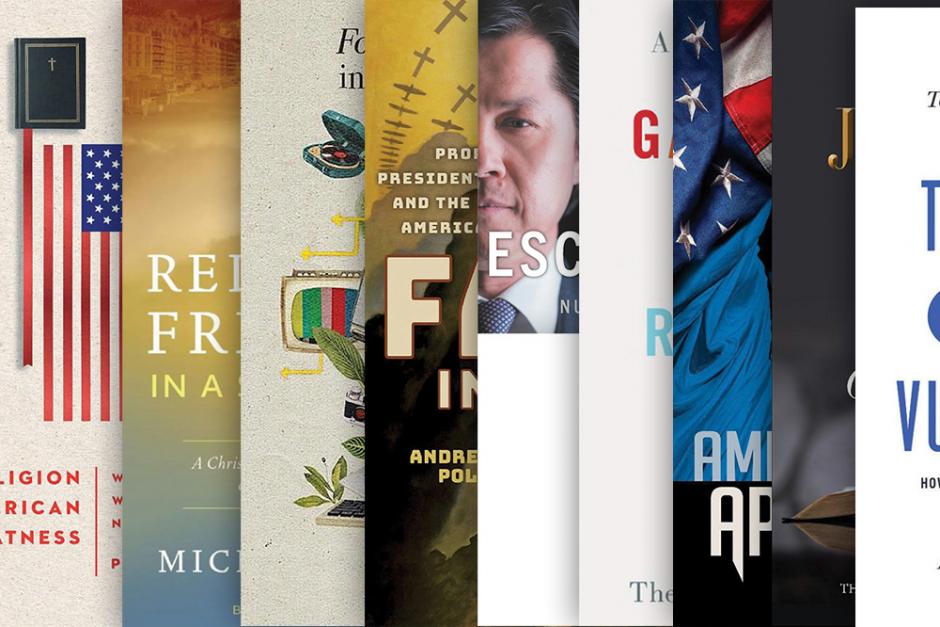The Liberty List 2022
November/December 2022Welcome to Liberty magazine’s inaugural year-end roundup of outstanding books exploring the thorny intersection of religion, law, politics, and culture.
The books listed here address many different topics and represent a variety of political and religious perspectives. Some of these books are written by scholars, others by lawyers or theologians. Some are aimed at a professional or academic audience. Others speak more to interested laypeople.
Yet all share common threads: excellent writing, solid academic foundations, a balanced approach, and the ability to engage with challenging, often divisive, subjects with both integrity and grace.
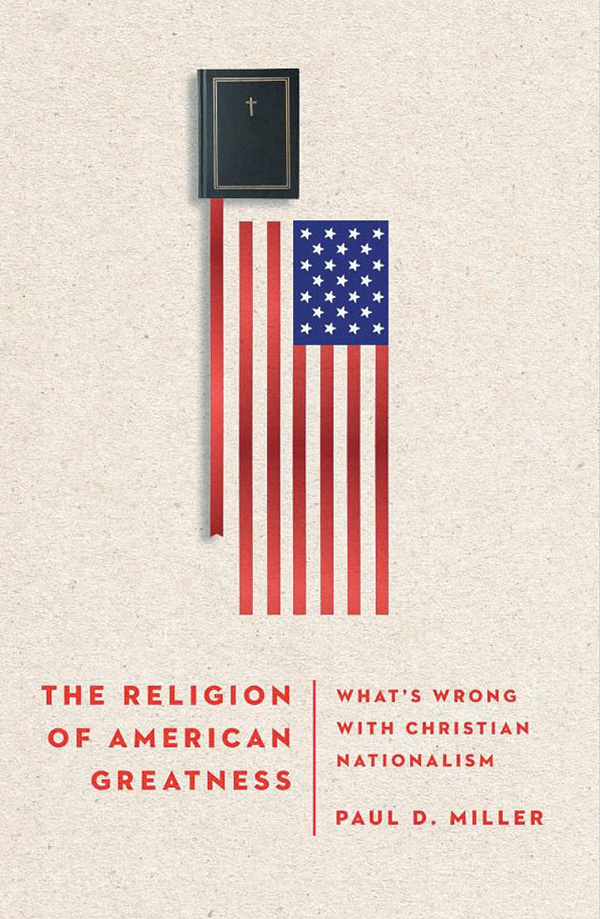
1
An Unholy Brew: Religion and National Identity
Paul D. Miller, The Religion of American Greatness: What’s Wrong With Christian Nationalism (InterVarsity Press, 2022).
It’s been a difficult time for America. The disarray of the 2020 election, the stunning events at the U.S. Capitol, and the trauma of the COVID wars have prompted a slew of books that attempt to diagnose a sickness at the heart of American politics. The upshot is that Christian nationalism has become an issue du jour for sociologists, political writers, and cultural critics.
Professor Paul Miller’s book on this subject, however, stands out from the pack. It tops the 2022 Liberty List for the way it handles this complex and often confronting topic with clear analysis, a balanced tone, and an engaging style.
This book isn’t written by someone who’s coolly examining the phenomenon of Christian nationalism like a scientist poking around in a petri dish. Miller is an “insider.” The book’s foreword, written by David French, describes him as conservative, both in his style of Christianity and his politics.
This conservative identity allows Miller to connect with those who may be far beyond the reach of other writers. He addresses his readers with neither the condescension nor the contempt that other authors on this topic sometimes betray. At the same time, Miller pulls no punches with his unapologetic criticism of this ideology and its apostles.
Some of Miller’s arguments and assumptions may rankle those who lean more toward the progressive end of the political spectrum. However, this book is important for whom it has the potential to reach—those most vulnerable to the corrupting influence of Christian nationalism.
In fact, regardless of one’s politics, anyone who counts themselves as both a person of faith and a patriot will find useful tools here for navigating the extremist rhetoric of our current political age.
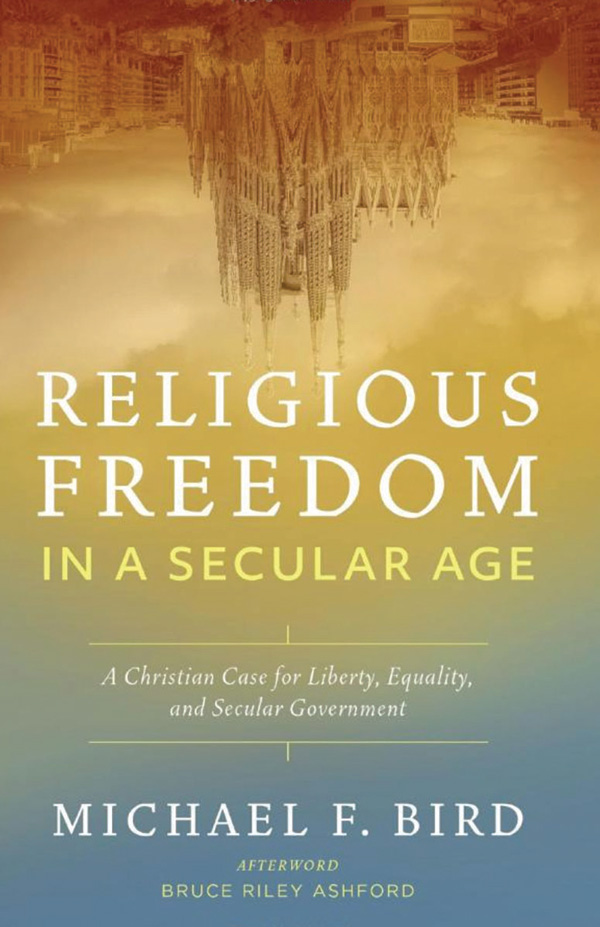
2
The Difficult Dance of Secularism and Faith
Michael F. Bird, Religious Freedom in a Secular Age: A Christian Case for Liberty, Equality, and Secular Government (Zondervan, 2022).
If we want a preview of future religious freedom challenges in the United States, we’d do well to observe current trends in places such as Britain, France, Germany, and Australia. In these more secular Western democracies, most people don’t actively identify with any organized religion. Thus, these countries serve as “canaries in the coal mine” for an America that’s moving along a similar demographic trajectory, albeit more slowly.
For that reason, this book by well-known Australian theologian and social observer Michael Bird is both relevant and timely. Bird, a former atheist and now an Anglican priest, makes an impassioned plea for Christians to renew their support for the often-misunderstood principle of secular governance, or separation of church and state. This principle, he believes, offers the best way to preserve religious liberty and to mediate between competing needs in an ever-more-complicated and less religious society.
Bird argues persuasively that the historical development of secular governance owes much to Christian theology and philosophy. Yet Bird also traces the rise—in our post-9/11 world—of a new, more militant version of secularism, which is hostile to many of the core values of the classically liberal secular state.
Bird’s writing is clear and his analysis compelling. And the final third of his book, which argues for a radically new approach to Christian apologetics in today’s secular world, is a good enough reason alone to read this book.
Another excellent book tackling similar themes is The Global Politics of Jesus: A Christian Case for Church-State Separation (New York: Oxford University Press, 2022). Author Nilay Saiya, an academic and researcher, is known for his prior global study of the impact of Christian privilege. This research found that when the church enjoys state or social privilege within a country, the overall health of the church and its witness declines. Although both Bird and Saiya come to similar conclusions on issues of church-state relations, Saiya’s lengthier book brings more layers to the discussion and is worth the time for someone who wants to go deeper into this topic.
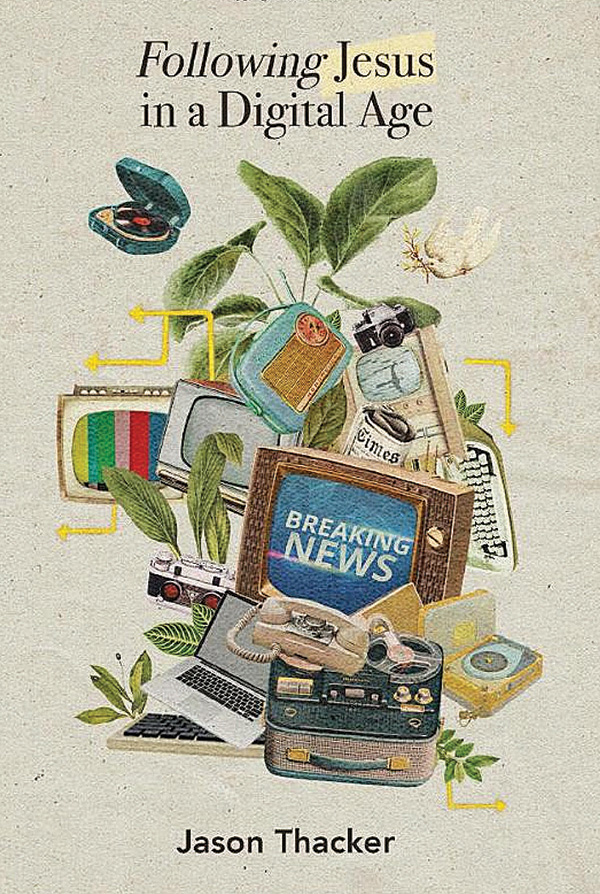
3
Escaping the Echo Chamber
Jason Thacker, Following Jesus in a Digital Age (B&H Publishing Group, 2022).
Why is a book about technology, media, and Christian discipleship listed with books about religious liberty? Simply because all public discourse today, regardless of the topic, is profoundly shaped by the digital media through which it’s filtered. In this engaging book Jason Thacker reveals how our digital habits are molding our political—and religious—attitudes to a degree that’s both surprising and frightening.
In an appendix addressed to Christian leaders, for instance, Thacker flags a report from Facebook’s research team that identified “troll farms”—groups of users or “bots” organized to sow disinformation and inflame social tensions—that were operating prior to the 2020 presidential election. In October 2019, troll farms, many of which were based in Eastern Europe, operated the top 19 American Christian Facebook pages.
Thacker is uniquely placed to guide the reader through the disturbing world of “digital discipleship.” He’s a widely published author on topics related to faith and media and is chair of Research in Technology Ethics at the Washington, DC–based Ethics and Religious Liberty Commission. He also delivers regular high-quality content on these topics through his WeeklyTech blog and his Digital Public Square podcast.
Thacker’s message in this book is clear: technology is useful, entertaining, and an unavoidable part of our everyday life. Yet we ignore at our peril its frightening power to distort reality and manipulate our emotions in ways that help polarize America’s political and social landscape.
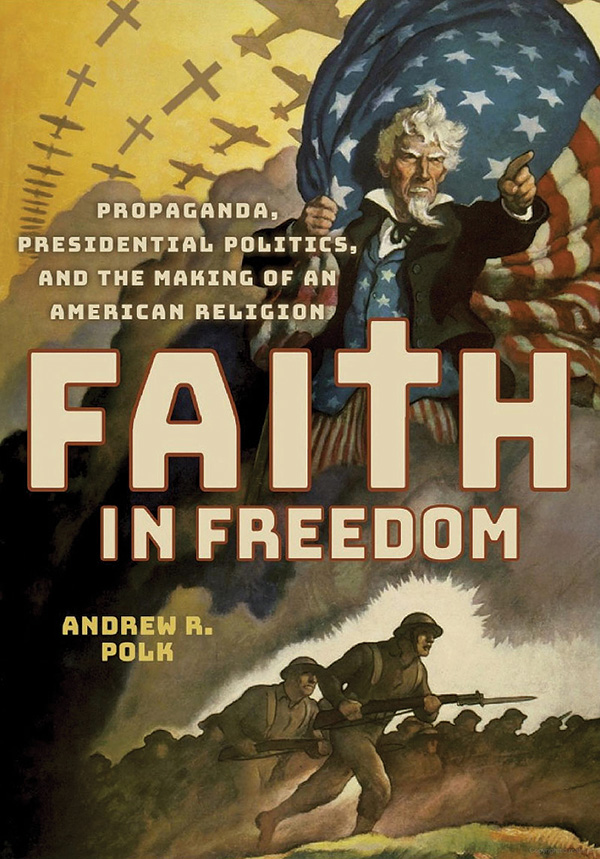
4
History Reconsidered
Andrew R. Polk, Faith in Freedom: Propaganda, Presidential Politics, and the Making of an American Religion (Cornell University Press, 2021).
Well-written history tends to draw in the reader as effectively as a good novel, and Andrew Polk’s book amply meets this mark. Polk takes us back to the 1940s and 1950s and shows us the building blocks of many of today’s most troubling narratives about the role of Christianity within America’s body politic.
Polk isn’t just an academic; he’s a superb communicator. He has produced a fascinating account of a little-known aspect of American history—when businessmen, ad makers, and politicians collaborated to deliberately reshape the nation’s understanding of religion and religious freedom. This book represents a major contribution to our understanding of America’s civic history and is highly recommended.
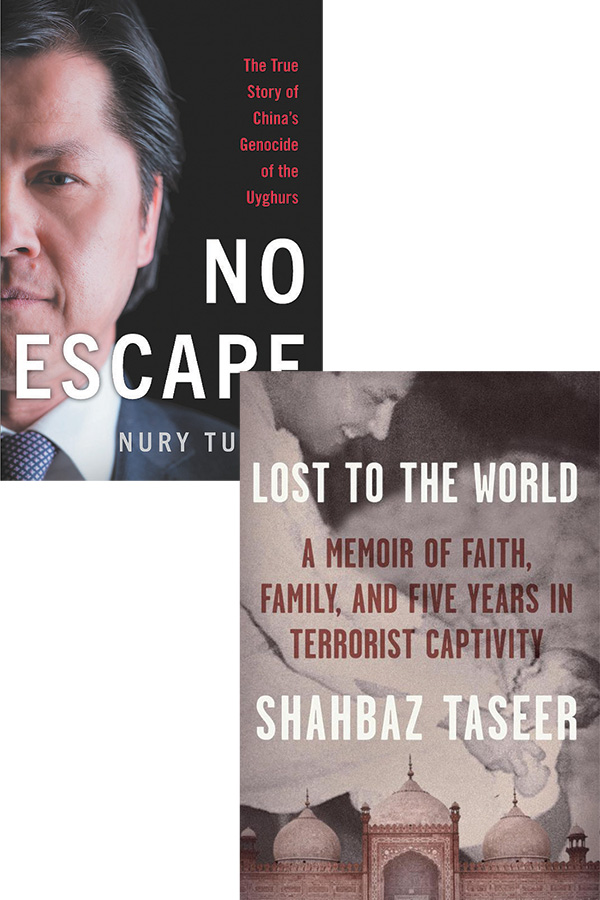
5
Enduring the Unthinkable
Nury Turkel, No Escape: The True Story of China’s Genocide of the Uyghurs (Hanover Square Press, 2022).
Shahbaz Taseer, Lost to the World: A Memoir of Faith, Family, and Five Years in Terrorist Captivity (MCD, 2022).
The number five slot on the Liberty List is shared by two books, each providing a harrowing reminder of why religious freedom is a foundational human right.
Nury Turkel shares his experience in China as a Uyghur Muslim. The Uyghurs are a religious and ethnic minority brutally targeted by an increasingly authoritarian state. Although Turkel was born in a Chinese “re-education camp,” today he is an American citizen. He currently serves as chair of the United States Commission on International Religious Freedom.
Turkel’s well-documented story is an indictment of China’s continuing treatment of hundreds of thousands of Uyghur Muslims, who are seen by the Chinese Communist Party as a threat to cultural and political uniformity. Uyghur men, women, and children are corralled into camps, forced to labor in factories, and subjected to abuses such as organ harvesting and forced sterilization.
This book also raises an issue of growing concern for religious freedom advocates—that China is not only exploiting surveillance technology to pursue its barbaric objectives but is also exporting this technology to other authoritarian states around the world.
In Lost to the World, Shahbaz Taseer, a businessman and son of a provincial governor in Pakistan, describes his five years of captivity and abuse at the hands of Islamic militants. The reason for his abduction and torture? In 2011 Taseer publicly supported a Christian woman sentenced to death by a Pakistani court for the “crime” of blasphemy against Islam. That same year, Taseer’s father—Salman Taseer—was also brutally assassinated for his remarks against Pakistan’s blasphemy laws.
Both Taseer’s and Turkel’s stories are raw and personal. For those of us who may sometimes get lost in abstract arguments about principles of religious liberty, these accounts of the essential evil of religious discrimination and intolerance are a much-needed corrective.
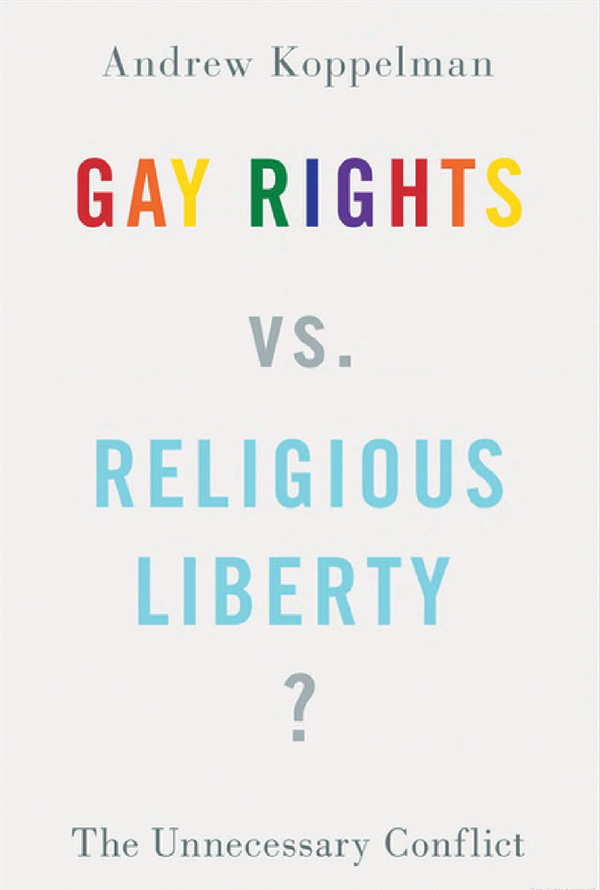
6
A Clash of Titans
Andrew Koppelman, Gay Rights vs. Religious Liberty? The Unnecessary Conflict (Oxford University Press, 2020).
In the title of his book, law professor Andrew Koppelman captures what, for many, is the defining issue today in the field of religious liberty. Are calls for stronger religious freedom protections simply the pleas of bigoted religious fundamentalists, eager for the legal right to discriminate? Or are they a last-ditch attempt by people of faith to keep themselves from being driven to the margins of society by an aggressive secularism that’s pushing a new moral orthodoxy?
For those who want to gain a broad understanding of today’s debates about religious liberty and LGBTQ+ rights, this is an excellent place to start. Koppelman’s writing is clear and engaging. He portrays himself as an honest broker—he claims sympathy for both stronger anti-discrimination protections and for robust protection of religious freedom.
One of Koppelman’s most interesting chapters explores the oft-used “racism analogy,” which is relied on by LGBTQ+ advocates who are hostile toward any religious accommodation in anti-discrimination law. Koppleman presents a persuasive case for why religiously driven sentiment against same-sex relationships shouldn’t be seen as simply analogous with racism.
The head-spinning speed at which Supreme Court decisions and social change have driven public discussion around LGBTQ+ rights in recent times means that some of Koppleman’s commentary seems slightly dated. Yet regardless of this, Gay Rights vs. Religious Liberty provides a solid analysis of issues that will continue to dog discussions of religious freedom in America for the foreseeable future.
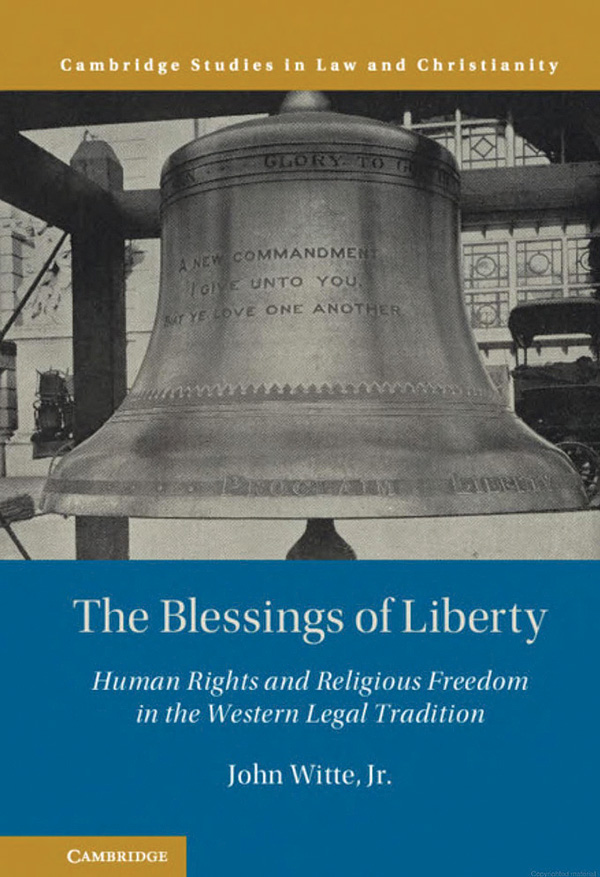
7
An Essential Legal Primer
John Witte Jr., The Blessings of Liberty: Human Rights and Religious Freedom in the Western Legal Tradition (Cambridge University Press, 2022).
In the world of religious freedom legal scholarship, professor John Witte Jr. is legendary. During the past 30 years he has published more than 300 articles and 40 books on topics related to law and religion.
His latest book is an epic account of how modern legal concepts of religious freedom came to be. However, Witte also addresses current areas of debate, exploring topics such as tax exemptions for religious institutions, the slighting of religious freedom in the European Court of Human Rights, and the balance between “free exercise” and “no establishment” within America’s public schools.
Witte’s book is densely argued and clearly aimed at fellow scholars and legal professionals. However, his elegant writing makes this book generally accessible also for those who would like to dig deeper into the conceptual side of religion within the Western legal tradition.
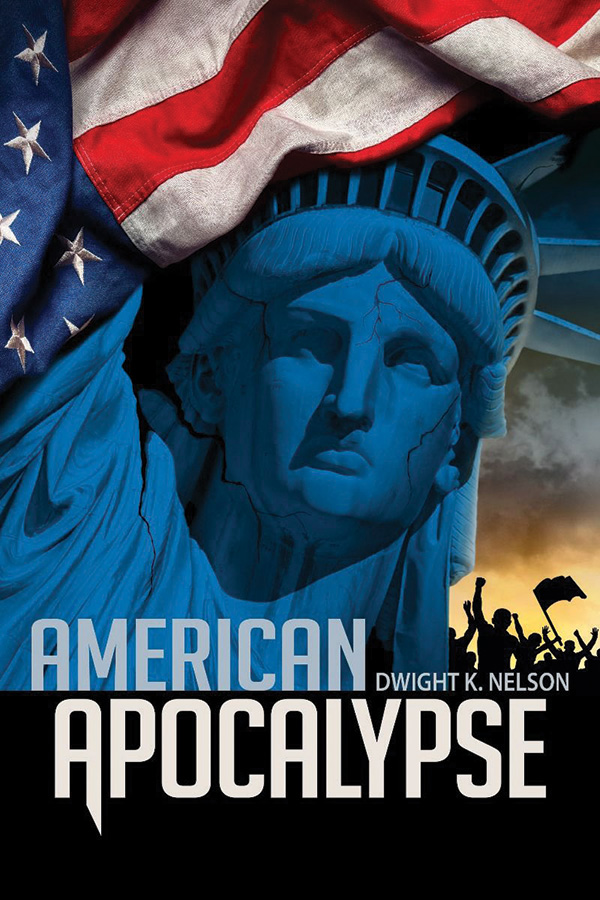
8
The Bible and Politics 101
Dwight K. Nelson, American Apocalypse (Pacific Press, 2022).
As pastor of a large church on a university campus, Dwight Nelson has honed his communication skills over many years. This strength shows through in Nelson’s book exploring the often fraught relationship between Christian believers and American politics.
American Apocalypse has clearly been written with a lay audience in mind—its style is casual and personal. It draws on anecdotes, current events, and biblical principles to highlight the corrosive dangers of mixing faith with legislative ambition. This book provides a solid entry point for those interested in a biblical perspective on the myth of American exceptionalism and the desire for a wholly “Christianized” America.
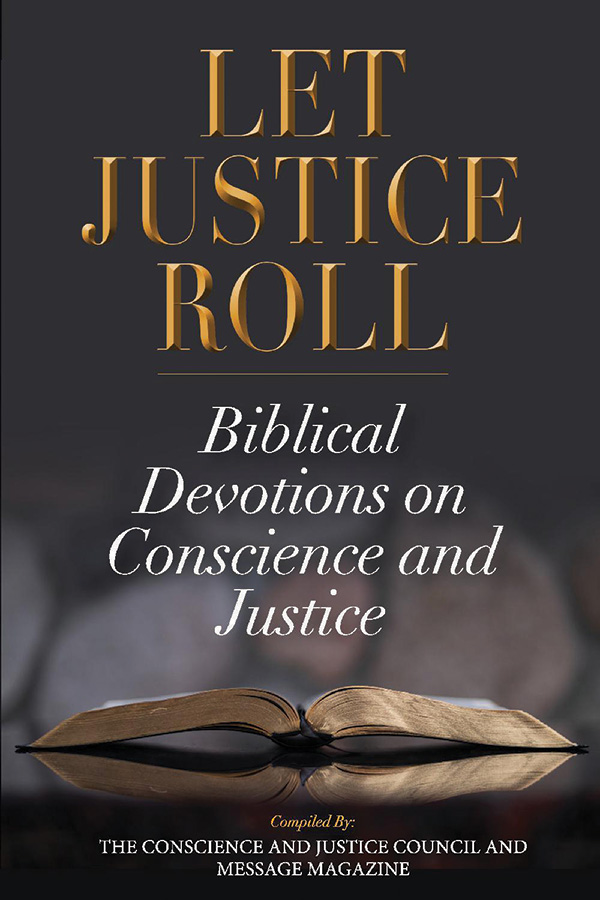
9
Faith in Action
Carmela Monk Crawford and Edward Woods III, eds., Let Justice Roll: Biblical Devotions on Conscience and Justice (Message Imprint, 2021).
The genius of Let Justice Roll lies partly in its format. It’s a mosaic of thought-provoking and pithy essays, unified by a single assumption: that inner faith must inevitably find outward expression.
This daily devotional book has been jointly produced by Message magazine and the Conscience & Justice Council, a national network of leaders engaged in public affairs and religious liberty advocacy. Each one-page contribution is from a different author and draws on personal stories and insights to amplify a biblical message about conscience, faith, or discipleship. This book provides an inspiring take on what it means to live the values of God’s kingdom, even against the messy backdrop of today’s political and social realities.
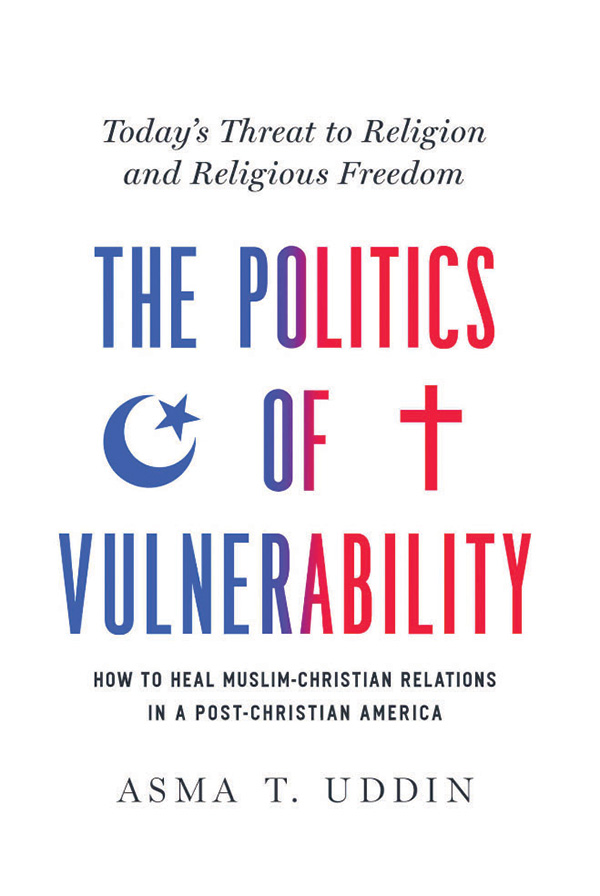
10
A Troubled Relationship
Asma Uddin, The Politics of Vulnerability: How to Heal Muslim-Christian Relations in a Post-Christian America (Pegasus Books, 2021).
It seems that Christian issues and voices suck most of the air out of the room in discussions about religious liberty in America today. In her latest book, renowned constitutional lawyer Asma Uddin highlights an oft-neglected but critical perspective—that of America’s Muslims.
Uddin goes deep into the research of what drives Islamophobia and explores why a significant number of American Christians hold the attitude of “religious freedom for me, but not for thee” when it comes to their Muslim neighbors.
Uddin has a formidable approach to building her argument. As with her earlier book, When Islam Is Not a Religion, she writes clearly and persuasively, leading readers to search their own attitudes and biases. This book is an eloquent affirmation that religious freedom belongs to every human being equally, regardless of religious tradition.
